Can romantic love ever be a shared joy? According to the 20th-century French philosopher Jean-Paul Sartre, for whom freedom was paramount, the answer must be ‘no’, since people want their partners to choose them freely, and this freedom leads to the possibility of falling out of love at any time. In Sartre’s view, this means love must always be fraught, a ceaseless conflict characterised either by masochism or sadism, as both lover and loved-one risk having their freedom compromised.
Why Sartre believed that the person in love could never be free

videoThinkers and theories
‘Defend love as a real, risky adventure’ – philosopher Alain Badiou on modern romance
15 minutes

videoHistory of ideas
For proof that love is timeless, consider how long philosophers have debated it
6 minutes
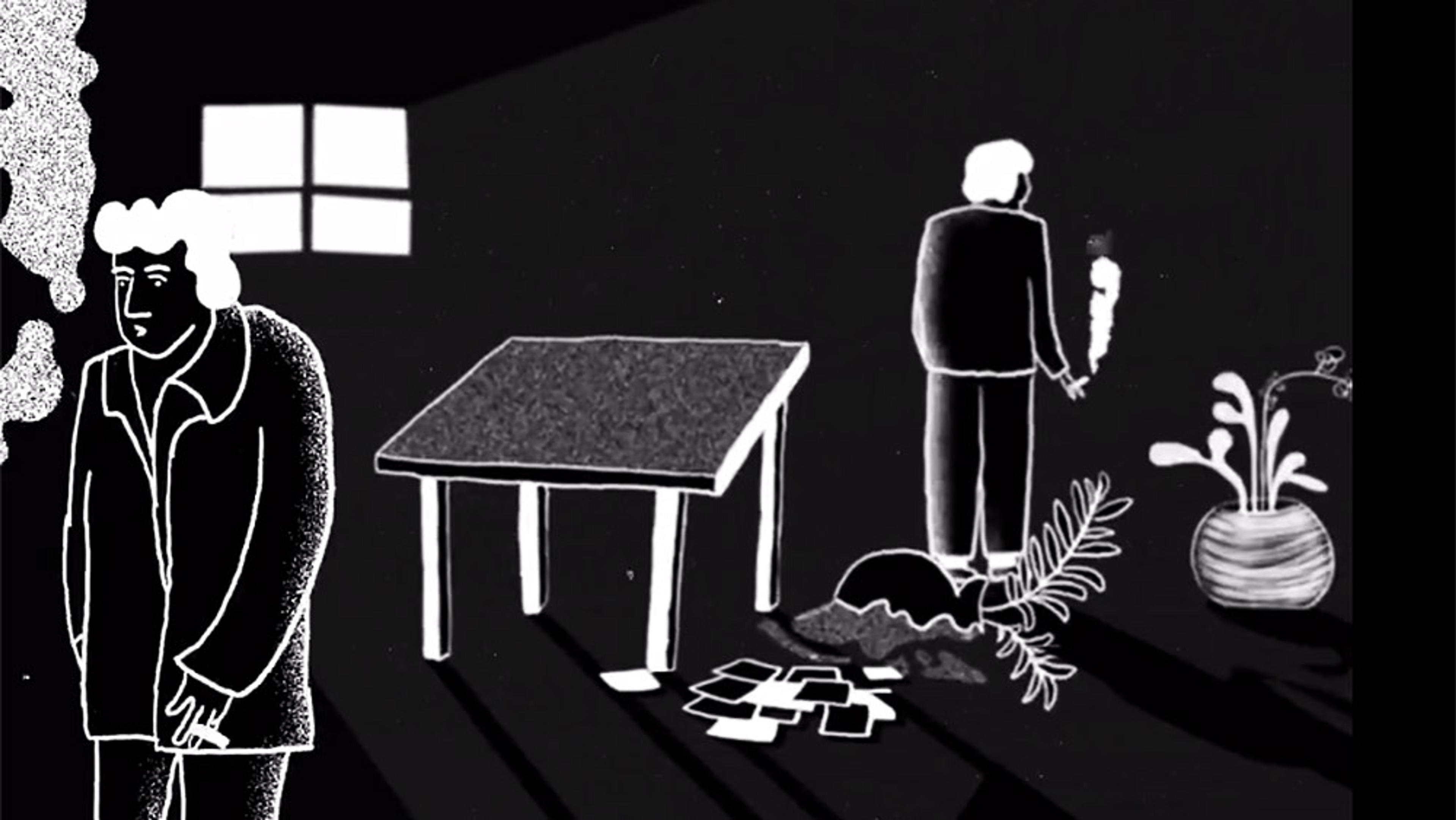
videoHistory of ideas
How did the 20th century’s most glamorous intellectual friendship go wrong?
3 minutes
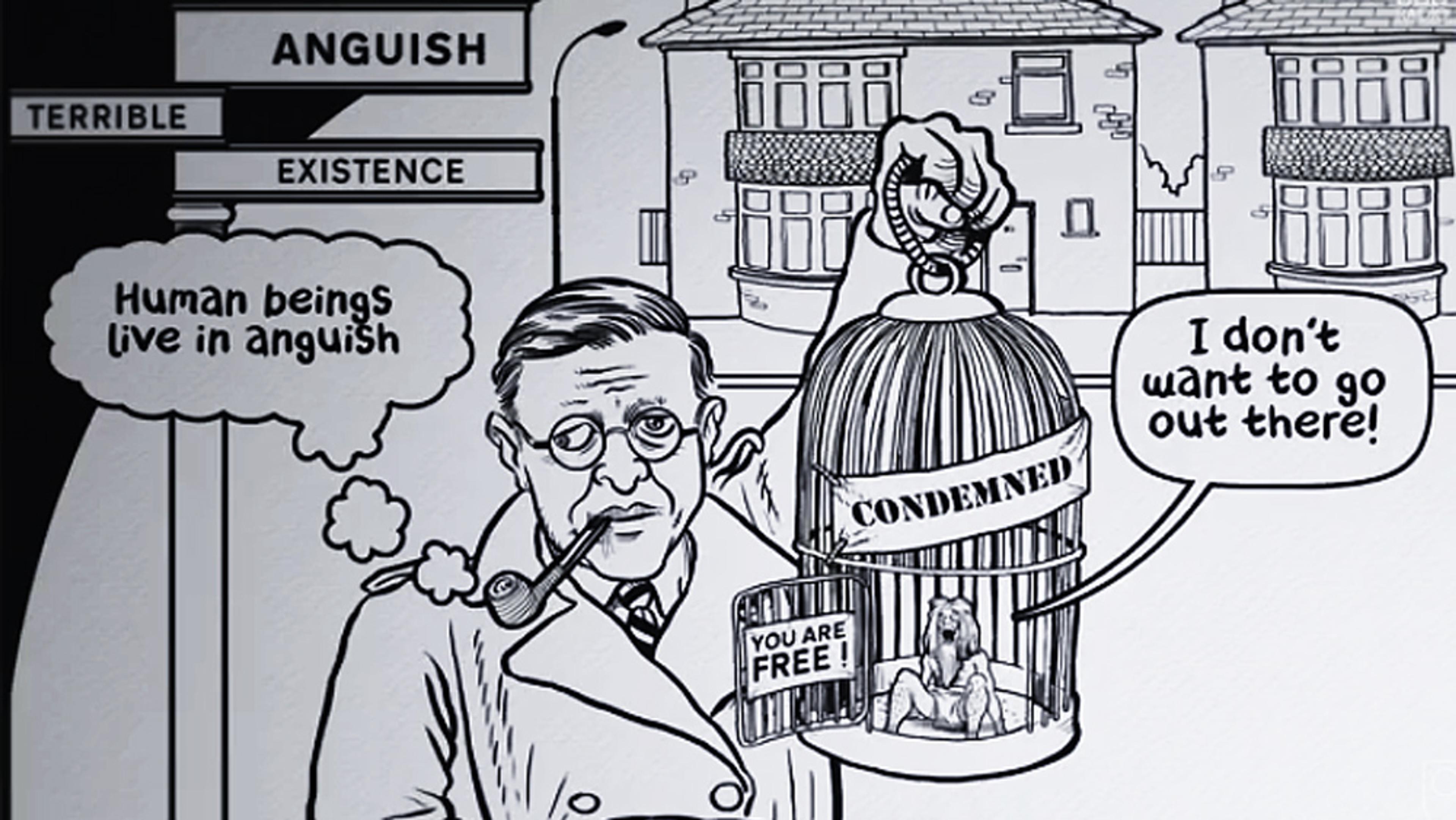
videoPolitical philosophy
Sartre and the existential choice: ‘In fashioning myself, I fashion humanity’
2 minutes
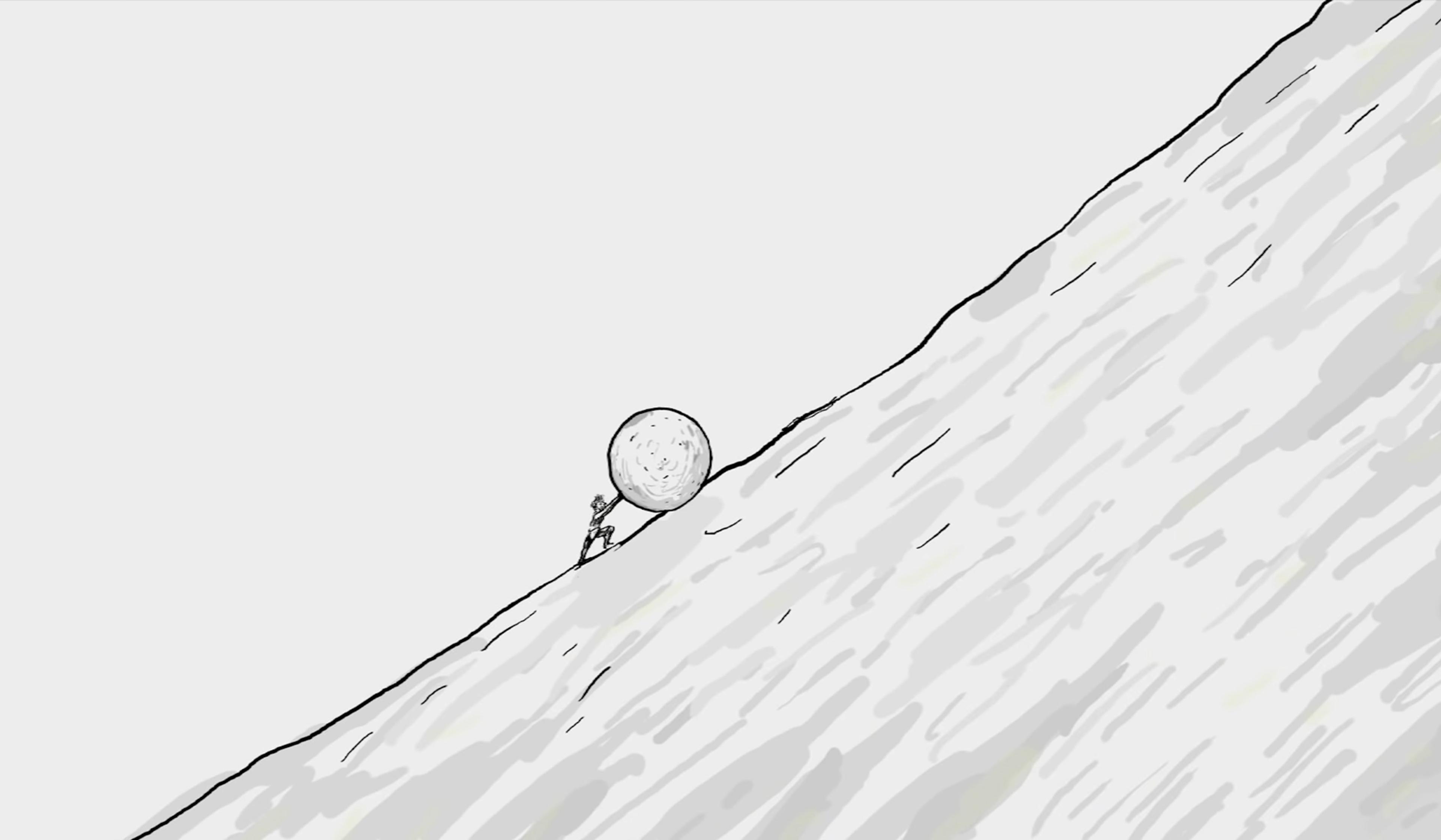
videoMeaning and the good life
Albert Camus built a philosophy of humanity on a foundation of absurdity
6 minutes
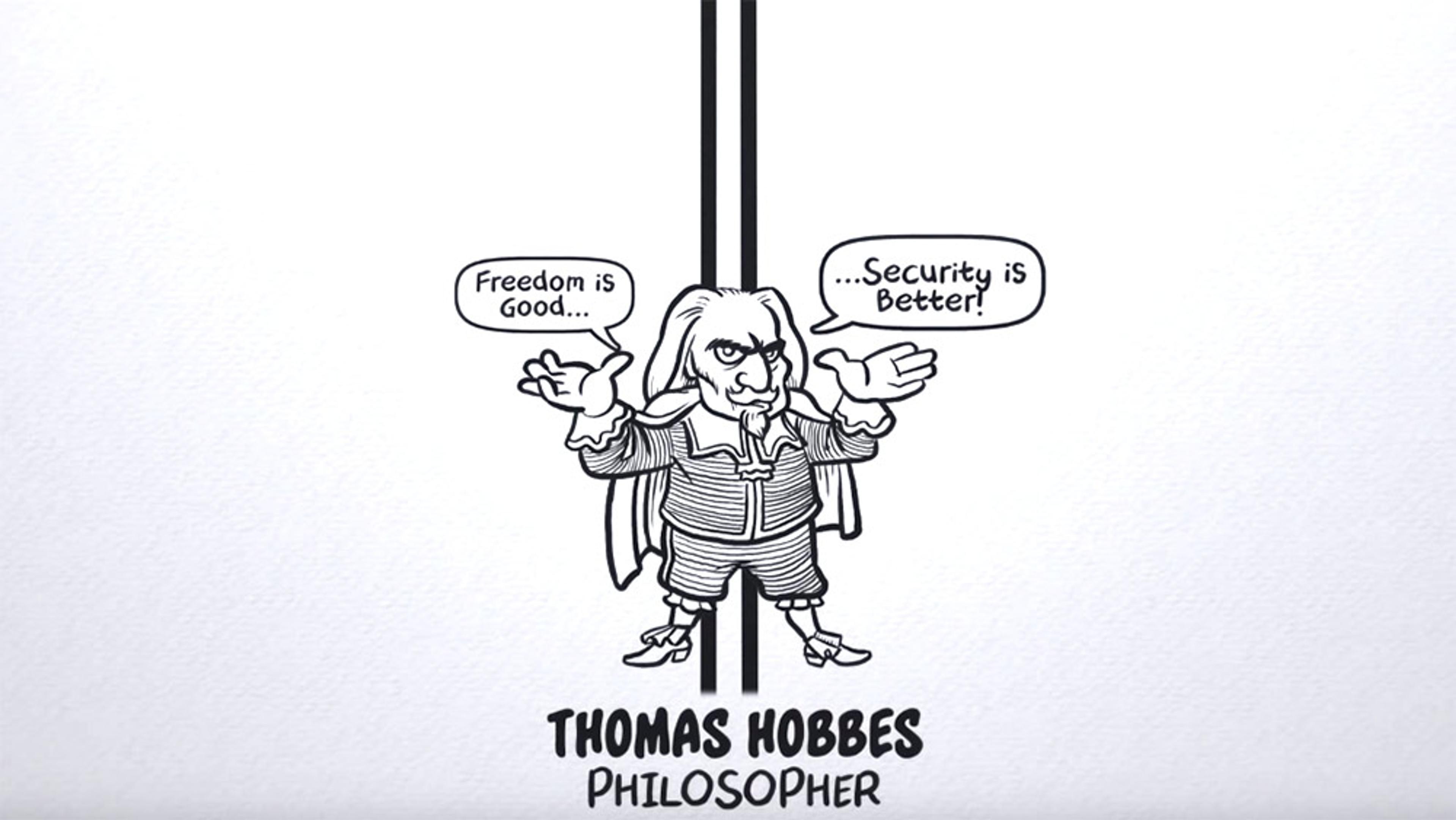
videoPolitical philosophy
What are we willing to sacrifice to feel safe?
2 minutes

videoHistory of ideas
What can the Romantics teach us about confronting modern problems?
20 minutes

videoLove and friendship
What people’s hand gestures reveal when they’re asked about love
9 minutes
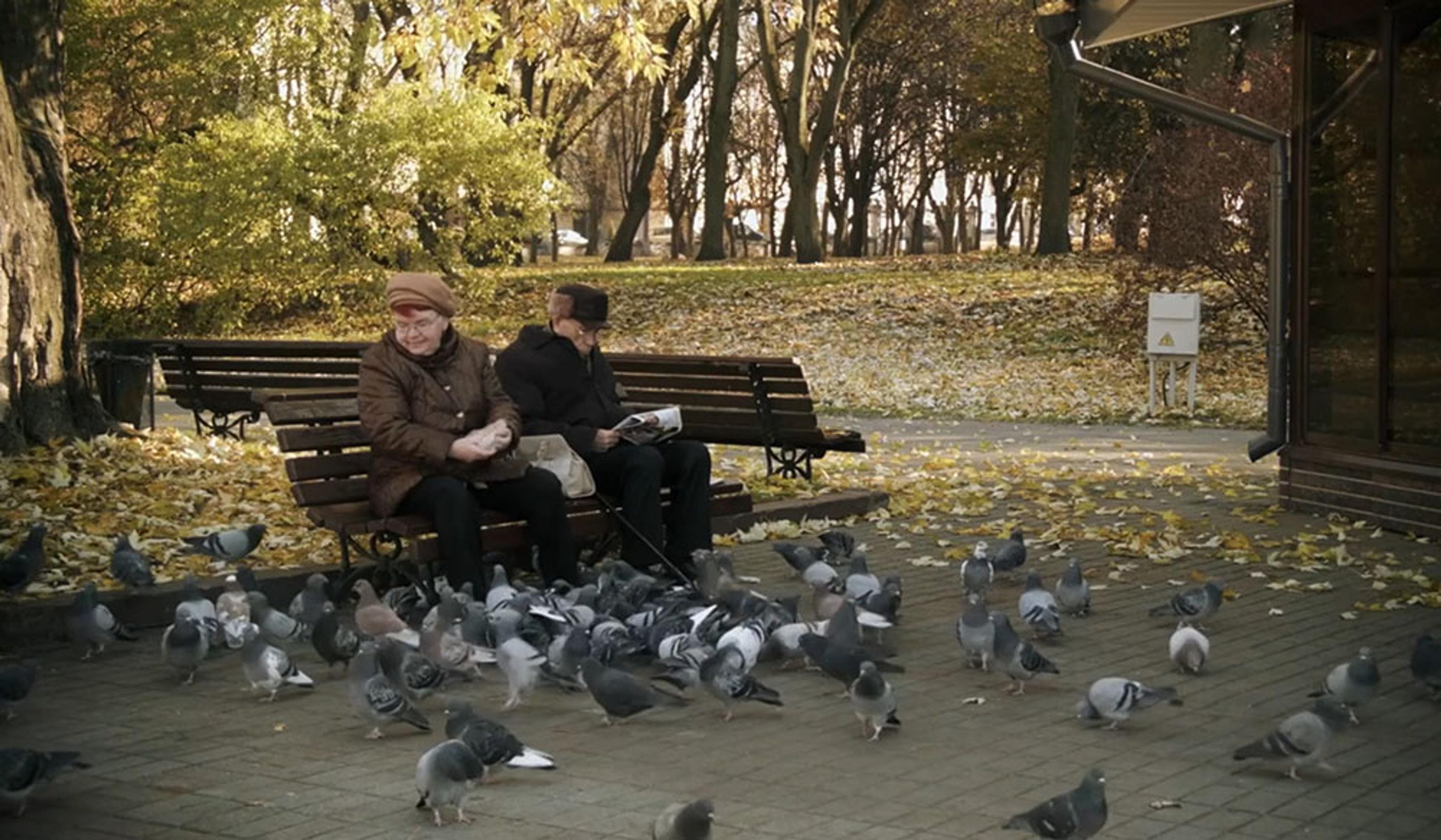
videoLove and friendship
Can you love someone for life? – and other eternal questions on romantic devotion
13 minutes